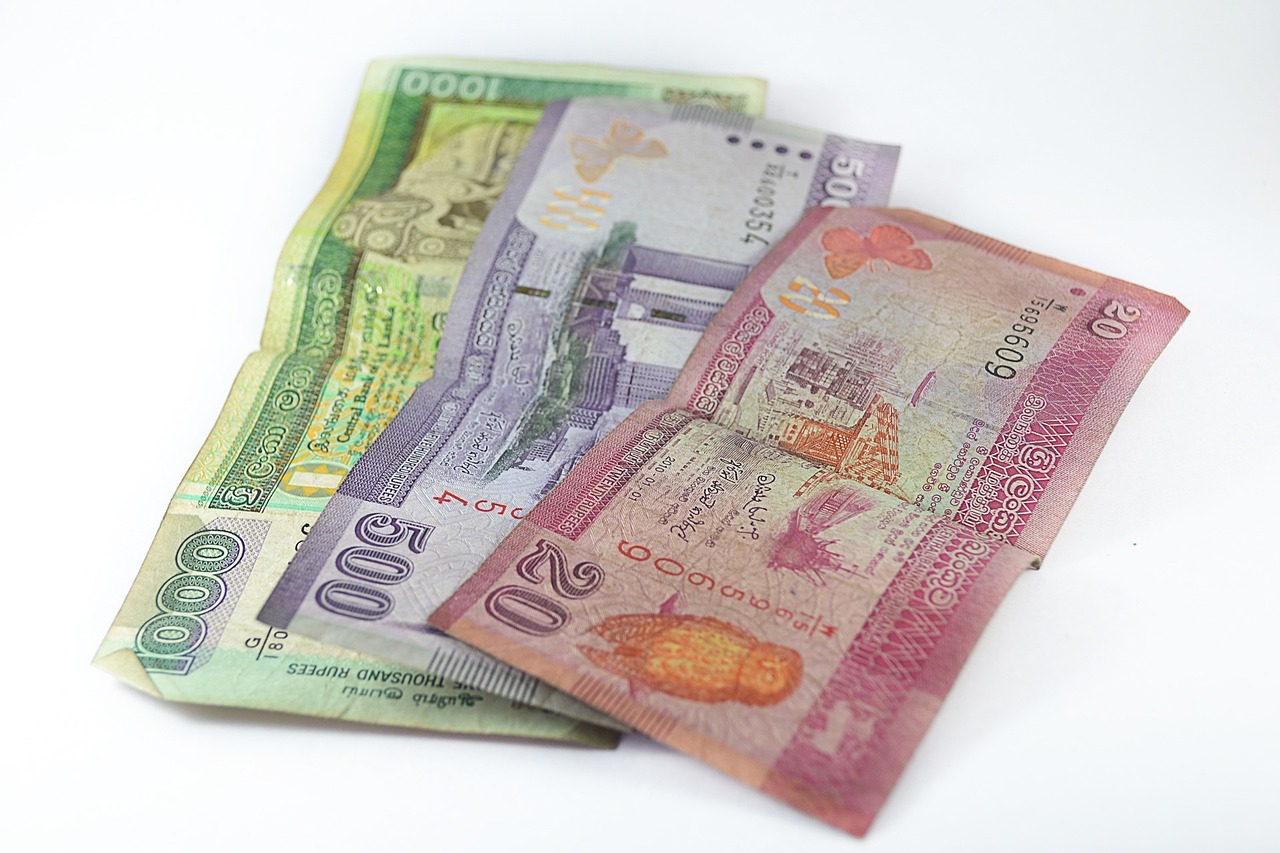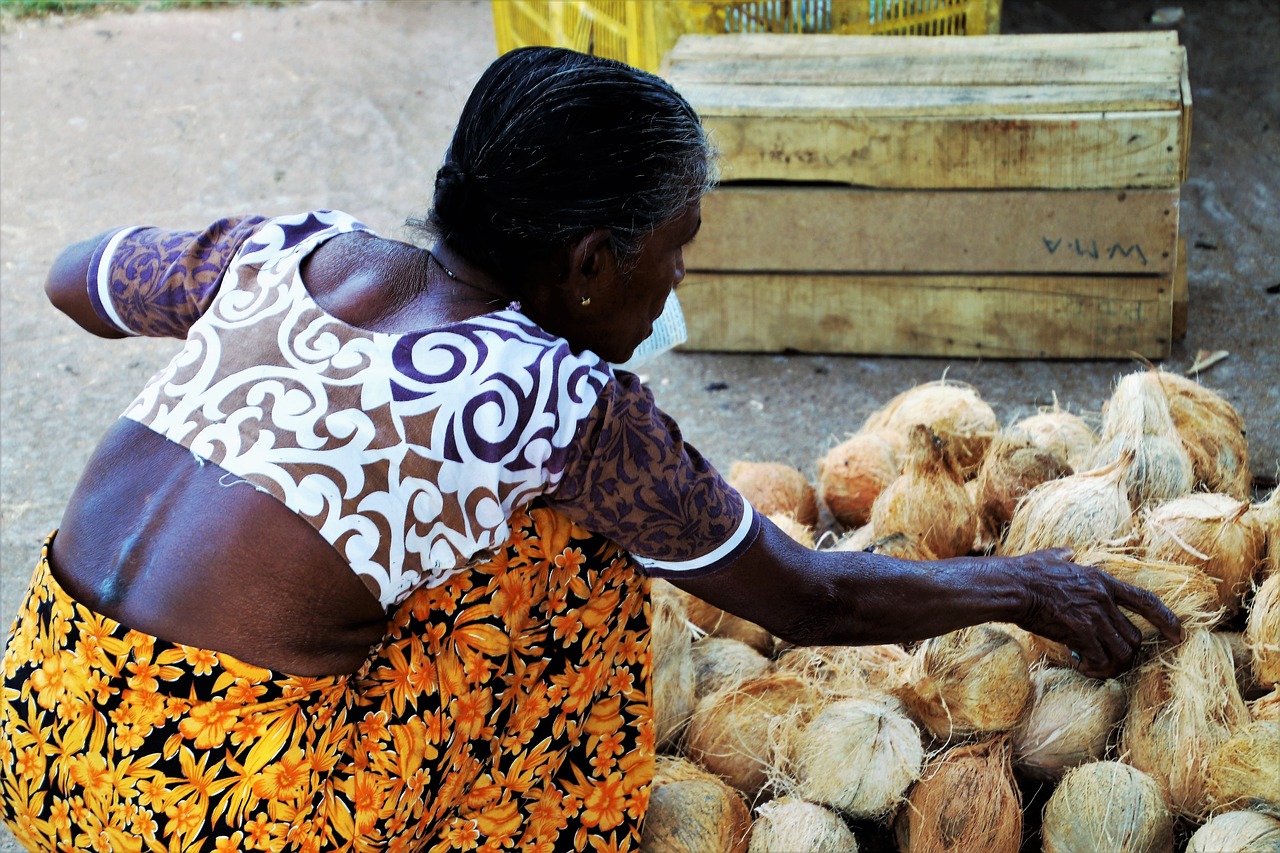Visa and Stay Regulations for Digital Nomads in Sri Lanka
Sri Lanka, with its stunning landscapes, rich culture, and affordable living costs, has become a popular destination for digital nomads looking to work and explore. If you’re considering making Sri Lanka your base, it’s important to understand the visa and stay regulations to ensure a smooth and legal experience. This article will guide you through the process and provide all the necessary information you need to know.
Overview of Sri Lanka’s Visa System
To enter Sri Lanka as a digital nomad, you will need a valid visa. Sri Lanka offers several visa options, including tourist visas, business visas, and residence visas. Each visa type has its own requirements and limitations. It’s crucial to choose the right visa category that suits your purpose and duration of stay.
- Tourist Visa: The tourist visa is the most common visa for digital nomads. It allows you to stay in Sri Lanka for up to 30 days with the option to extend for an additional 60 days. This visa can be obtained online or upon arrival at the airport.
- Business Visa: If you plan to engage in business activities or attend conferences/workshops in Sri Lanka, you may apply for a business visa. It allows for a longer stay, typically up to six months, and requires sponsorship from a local company or organization.
- Residence Visa: For digital nomads who wish to stay in Sri Lanka for an extended period, a residence visa is the most suitable option. It allows for stays up to two years and requires a detailed application process, including proof of income and a local sponsor.
Requirements for Obtaining a Tourist Visa
To obtain a tourist visa for Sri Lanka, you need to fulfill certain requirements. These include:
- Passport: Your passport must be valid for at least six months beyond the intended duration of your stay in Sri Lanka.
- Return Ticket: You may be asked to provide proof of a return ticket or an onward journey ticket.
- Sufficient Funds: You should have proof of sufficient funds to cover your expenses during your stay in Sri Lanka.
- Accommodation: It is advisable to have a confirmed accommodation booking for at least the initial part of your stay.
- Health Insurance: While not mandatory, having travel health insurance is highly recommended to cover any medical emergencies.
Extending Your Stay in Sri Lanka
If you wish to extend your stay beyond the initial 30 days allowed on a tourist visa, you can apply for an extension at the Department of Immigration and Emigration in Colombo. The extension can be granted for an additional 60 days, making a total stay of 90 days.
To apply for an extension, you will need to provide the following documents:
- Passport: Your original passport with at least six months validity remaining.
- Completed Application Form: Fill out the necessary application form for visa extension.
- Proof of Sufficient Funds: Provide evidence of financial means to support your extended stay.
- Proof of Accommodation: Submit a confirmed booking for your extended stay.
- Flight Itinerary: Show your onward or return flight ticket.
Long-Term Stay Options
For digital nomads who wish to stay in Sri Lanka for an extended period, the residence visa is the most suitable option. The residence visa allows you to stay in Sri Lanka for up to two years and is renewable.
To obtain a residence visa, you will need to go through a detailed application process, which includes:
- Local Sponsor: You need to find a local sponsor, such as an individual or a company, who can vouch for your stay in Sri Lanka.
- Proof of Income: Provide evidence of a regular income source, such as freelance work or remote employment.
- Background Check: You may be required to provide a police clearance certificate from your home country.
- Medical Certificate: A medical certificate stating that you are in good health may be required.
- Investment: In some cases, you may need to make a financial investment in Sri Lanka to be eligible for a residence visa.
Sri Lanka Image 1:

Working as a Digital Nomad in Sri Lanka
As a digital nomad, you may wonder about the availability of coworking spaces and internet connectivity in Sri Lanka. Fortunately, Sri Lanka has a growing number of coworking spaces in major cities like Colombo and Galle, offering comfortable work environments and high-speed internet connections. Additionally, most hotels, guesthouses, and cafes provide free Wi-Fi access.
Sri Lanka Image 2:

Cost of Living in Sri Lanka
Sri Lanka offers an affordable cost of living, making it an attractive destination for digital nomads. Accommodation, transportation, and food expenses are relatively low compared to many other countries. The cost of living can vary depending on your lifestyle and preferences, but it is generally considered to be budget-friendly.
Exploring Sri Lanka as a Digital Nomad
While working as a digital nomad in Sri Lanka, take advantage of your free time to explore the country’s natural beauty, ancient temples, and vibrant culture. Visit popular destinations like Sigiriya Rock Fortress, Ella’s famous Nine Arch Bridge, the stunning beaches of Mirissa, and the historic city of Galle.
Sri Lanka Image 3:

Conclusion
Sri Lanka offers a welcoming environment for digital nomads, with various visa options and a cost-effective lifestyle. By understanding the visa and stay regulations, you can enjoy an extended stay in this beautiful country while working remotely. With its breathtaking landscapes, rich history, and warm hospitality, Sri Lanka is an ideal destination for digital nomads seeking both work and adventure.
References
– Department of Immigration and Emigration: immigration.gov.lk
– Sri Lanka Tourism: srilanka.travel
– Invest Sri Lanka: investsrilanka.com


